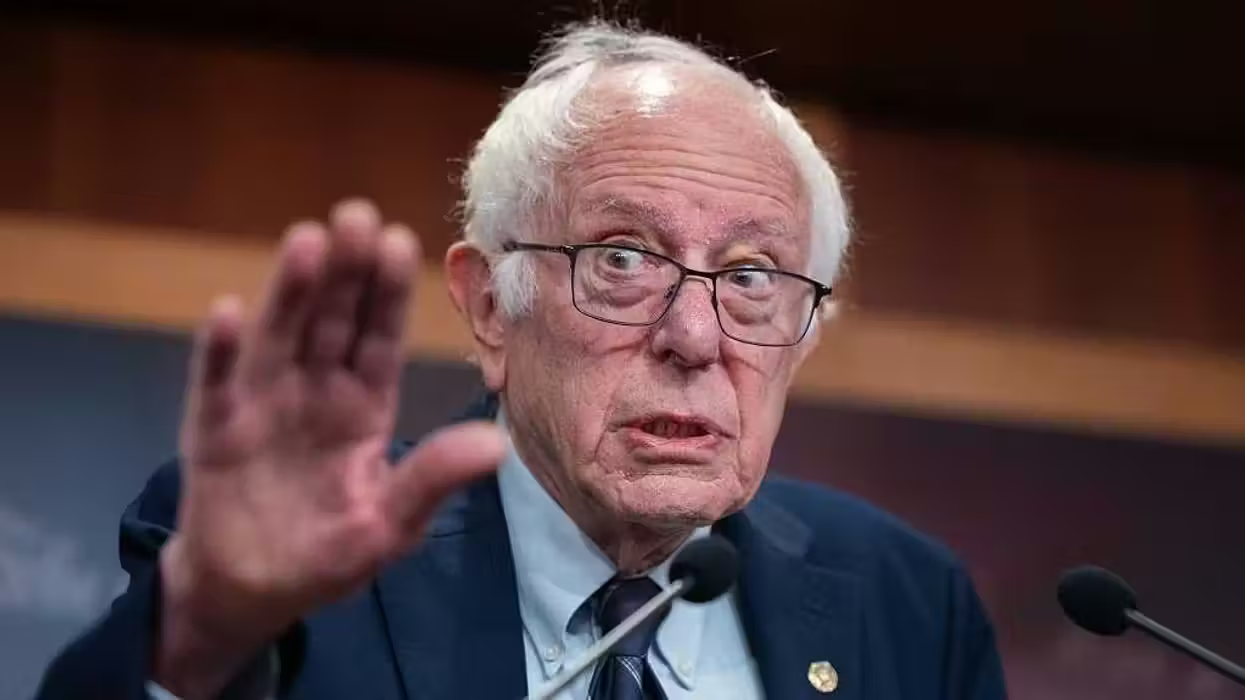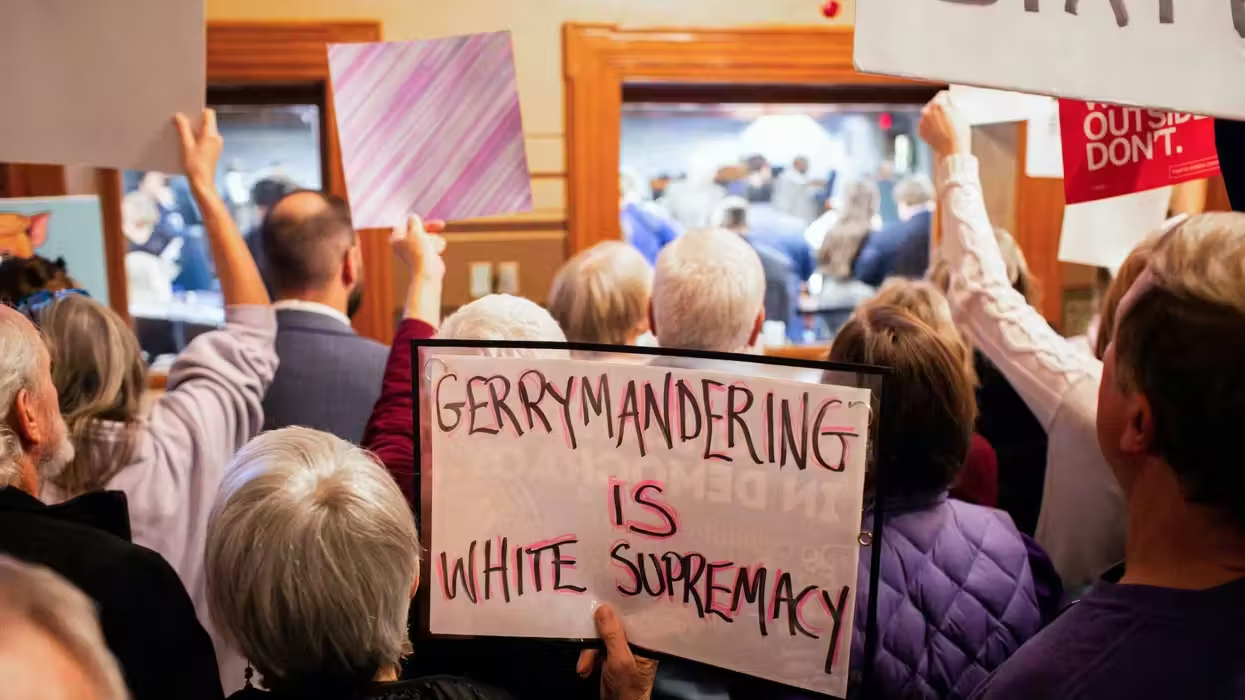Labor union leaders, after meeting with Obama administration officials at the White House Friday, expect some federal aid for the bankrupt city of Detroit -- but insist it's not a bailout.
 DETROIT, MI - SEPTEMBER 06: A man walks towards the sun set on September 6, 2013 in Detroit, Michigan. Detroit is struggling with over 78,000 abandoned homes across 140 square miles and 16% unemployment; in July, the city declared bankruptcy. Credit: Getty Images
DETROIT, MI - SEPTEMBER 06: A man walks towards the sun set on September 6, 2013 in Detroit, Michigan. Detroit is struggling with over 78,000 abandoned homes across 140 square miles and 16% unemployment; in July, the city declared bankruptcy. Credit: Getty Images
“I would say that's it's not a bailout,” said Mary Kay Henry, president of the powerful Service Employee International Union, when speaking to reporters outside the White House.
“It's a shared investment that looks across the silos of federal government and gets them to work together," she added. "The business leadership in this community, more than any other leadership that we deal with collectively, is ready to roll up their sleeves and get in this game."
Henry was joined by Bob King, president of the United Auto Workers and Lee Saunders, president of the American Federation of State, County and Municipal Employees, outside the White House.
In the largest municipal bankruptcy in history, Detroit owes creditors an estimated $18 million, but organized labor has challenged the bankruptcy contending the city does not have the right to withhold money from public employee pensions.
In July, Treasury Secretary Jack Lew told CNN, “The issues that Detroit has in terms of problems with its creditors it’s going to have to work out with its creditors.”
However, three union bosses met with senior administration officials from the Department of Labor, the Department of Housing and Urban Development and the Department of Health and Human Services Friday specifically about Detroit and financial assistance for the struggling city.
Labor leaders were set to meet with President Barack Obama later Friday to discuss several issues.
“What the administration has done is pull the entire cabinet together and say let's look at how we're investing in the city in a way that the private sector, the state and the working people of Detroit can link arms and say we can do this,” Henry added. “We can rebuild our city.”
The three labor leaders said several times that it's not only Detroit, and that cities across the country are having financial problems. Based on that assertion, TheBlaze asked if the administration officials talked about a national initiative for financially troubled cities.
“I think there is a recognition by the White House that this problem is not confined to Detroit,” Saunders, of AFSCME told TheBlaze. “That's not saying that every major city is going to file for bankruptcy where we think outside the box and be creative about the economic crisis in our urban centers across the country and they are willing to have discussions about that.”
Specific to Detroit, Saunders said the administration has shown a willingness to help.
“They've got their agencies identifying specific funding that can be targeted for Detroit,” Saunders said. “You got meetings going on in D.C. right now. The agencies are coordinating to try to move money into Detroit that has not been tapped as of yet.”
King, of the UAW, used the opportunity at the White House to take a swipe at Michigan's Republican Gov. Rick Snyder's handling of the Detroit bankruptcy.
“I think it's about leadership, and the sad thing is that the governor should have had private industry, labor, the community all come together and work together,” King said. “I really appreciate that the White House is doing that. I hope the governor comes to the table instead of taking it off the backs of workers. Over and over again that's what they talk about instead of how do we bring new jobs, how do we bring new investment, how do we all come to the table. In the auto industry, we all came to the table. We all knew it was going to be equality of sacrifice.”
Featured image via Getty
–
[related]

 DETROIT, MI - SEPTEMBER 06: A man walks towards the sun set on September 6, 2013 in Detroit, Michigan. Detroit is struggling with over 78,000 abandoned homes across 140 square miles and 16% unemployment; in July, the city declared bankruptcy. Credit: Getty Images
DETROIT, MI - SEPTEMBER 06: A man walks towards the sun set on September 6, 2013 in Detroit, Michigan. Detroit is struggling with over 78,000 abandoned homes across 140 square miles and 16% unemployment; in July, the city declared bankruptcy. Credit: Getty Images






